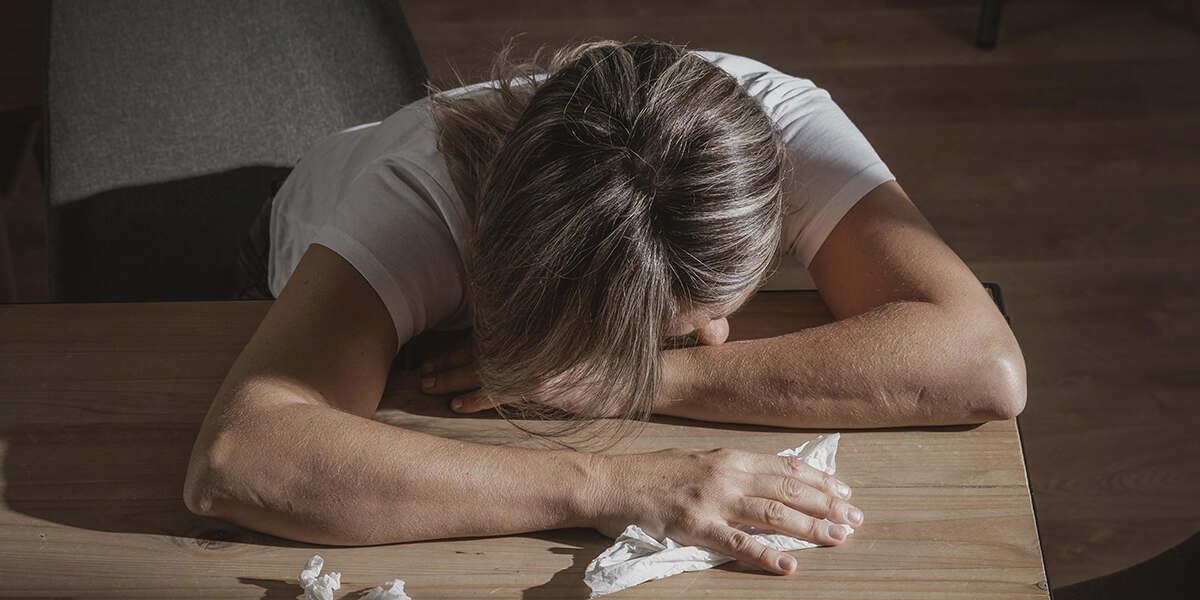Can ADHD Cause Brain Fog?
Attention deficit hyperactivity disorder (ADHD) can cause many symptoms that have a detrimental on your daily life. From an inability to focus and a need to remain in near-constant motion to talkativeness and memory issues, the range of symptoms caused by the neurodevelopmental disorder can make it challenging to cope.
Developing new symptoms, like brain fog, can add to the difficulty of understanding your condition. Many people ask, “Can ADHD cause brain fog?” and the short answer is, yes, it can. At In Balance Counseling, an intensive outpatient program in Tucson, we work with many adults trying to manage their ADHD and brain fog. Learn more about the connection here, and call us at (520) 722-9631 to make an appointment.
What Is Brain Fog?
Brain fog is a common term for mental sluggishness; many people describe it as feeling as though they are lost in a fog, unable to concentrate, think clearly, or make sense of what’s happening around them. It can be a frustrating and often debilitating condition, as it keeps you from managing even the most basic daily living activities and being productive. It’s more than just mental tiredness or a lack of mental clarity: Brain fog is a series of connected cognitive impairments that don’t improve with physical changes only, such as getting more sleep.
The Symptoms of Brain Fog
Many of the symptoms and effects of brain fog overlap with ADHD symptoms. Some of the most common include:
- Concentration difficulties
- Difficulty communicating (trouble finding words, mixing up words, etc.)
- Slow thinking, including trouble organizing thoughts and mental exhaustion
- Memory issues, including forgetfulness and memory lapses
- Difficulty with executive functioning, like making decisions about what to eat or which task to complete first
- Careless mistakes, like misplacing items
The Relationship Between Brain Fog and ADHD
Although brain fog can result from illness, diet, sleep problems, and medication, can ADHD cause brain fog?
ADHD can cause brain fog because of the cognitive challenges that come with ADHD. Problems with executive functioning are a hallmark of ADHD and can contribute to additional disorders like anxiety and learning disabilities.
There are also some physical connections between ADHD and brain fog. ADHD often causes sleep disorders, and a lack of adequate sleep is a major factor in brain fog. People with ADHD also often have more cytokines in their brains, which are molecules that cause inflammation, which in turn can affect mental clarity and brain function.
There may also be a connection between dopamine levels and brain fog. ADHD can lower levels of this neurotransmitter, which can reduce motivation and focus.
Get Help with Your Brain Fog
If you’re having trouble concentrating and want to know, “Can ADHD cause brain fog?” the compassionate counselors at In Balance Counseling in Tucson, Arizona, can help. Make an appointment by calling (520) 722-9631. The team can also help you with other issues, like how to get someone to go to therapy, managing substance abuse, and other mental health concerns.


